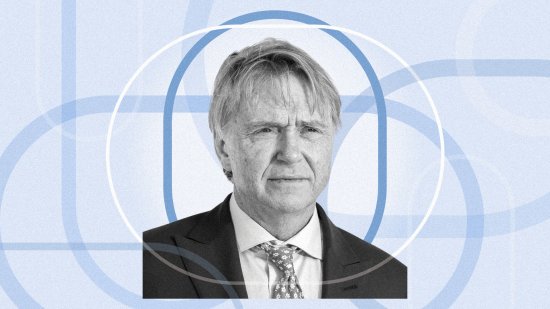
A land trip from Las Vegas to Southern California in a little over two hours will soon be possible, and it will also be green—thanks to Wes Edens. The billionaire private equity investor already has his hands full with co-owning the NBA’s Milwaukee Bucks and the English Premier League’s Aston Villa football club, and running an energy business with a liquefied natural gas focus. Now, added to his list of goals is a high-speed rail-filled future for the U.S. It’s not just an altruistic plan, it makes financial sense too: “These intra-city rail systems around the world are all highly profitable,” Edens recently told NBC.
[time-brightcove not-tgx=”true”]In 2012, Edens founded the private train operator Brightline, now known for its characteristic yellow-trimmed coaches in Florida. In April, the company broke ground on a 218-mile, fully-electric zero-emissions line, expected to run through California at speeds of 200 m.p.h., outpacing existing domestic high-speed trains. Brightline estimates that the new Brightline West train won’t only be convenient for travelers but also for the environment: the company estimates it can could get as many as 3 million cars off the road and avoid 400,000 tons of CO2 emissions per year.
The project, which costs $12 billion, has the government’s backing: in September, it received $3 billion in funding under President Biden’s bipartisan infrastructure deal. While the train hasn’t arrived yet, Edens says that “proof of concept of one system can really then galvanize [new projects] and turn those into deals,” and new routes are already being considered in other parts of the U.S.